- Mandatory Compliance for All: The new Federal Climate Law makes climate action a legal requirement for all businesses in the UAE, including those in free zones, effective May 30, 2025. Voluntary efforts are no longer enough.
- Core Duties: All companies must measure, report, and verify (MRV) their Scope 1 and 2 greenhouse gas emissions. You must also implement concrete emission reduction plans and assess your business's climate-related risks.
- Urgent Deadline for Large Emitters: Companies emitting over 0.5 million metric tons of CO2e annually have an accelerated deadline of June 28, 2025, to register with the new National Register for Carbon Credits (NRCC).
- Heavy Penalties and Big Opportunities: Non-compliance can lead to fines of up to AED 2,000,000 (doubled for repeat offenses). Proactive companies can gain a competitive advantage, access green finance, and generate revenue by selling carbon credits on the new regulated market.
UAE's 2024 Climate Legislation: What Your Business Needs to Know
The UAE's Climate Law marks a major change for businesses in the region. What was once a topic for voluntary corporate reports is now a matter of mandatory legal compliance.
This new framework, spearheaded by a landmark federal law, requires companies to measure, report, and actively reduce their carbon emissions.
This guide breaks down the new regulations, explaining what they are, who is affected, and what you need to do to prepare.
We'll cover the core requirements, key deadlines, and the significant penalties for non-compliance, providing a clear roadmap for navigating this new business environment.
What is the UAE’s Federal Decree-Law on the Reduction of Climate Change Effects (Federal Climate Law)?
The centerpiece of the new regulations is the Federal Decree-Law No. (11) of 2024 on the Reduction of Climate Change Effects, or the Federal Climate Law.
Issued in August 2024, this law establishes the first legally binding, nationwide framework for climate action in the Middle East and North Africa (MENA) region. It moves the UAE from voluntary climate pledges to enforceable legal duties.
This federal mandate is supported by local action, such as Dubai's establishment of the Dubai Environment and Climate Change Authority (DECCA). This multi-layered approach aims to integrate the UAE's national strategies, like the Net Zero by 2050 initiative, into the daily operations of every company.
How does the Federal Climate Law work?
The framework operates through a combination of government oversight, a mandatory data reporting system, and a new carbon market.
Top-Down Governance
The UAE Cabinet sets annual, sector-specific emission reduction targets. The Ministry of Climate Change and Environment (MOCCAE) coordinates policy and manages the national systems, while local authorities like DECCA handle on-the-ground implementation and enforcement.
The MRV Engine
At its core, the law is powered by a mandatory Measurement, Reporting, and Verification (MRV) system. All businesses must accurately measure their greenhouse gas (GHG) emissions, report the data to a national electronic platform, and have that data verified. This makes high-quality emissions data a fundamental legal requirement.
A New Carbon Market
The law establishes the National Register for Carbon Credits (NRCC), a regulated carbon market. This system allows companies that reduce emissions below their targets to sell verified carbon credits.
Companies that find it expensive to cut their own emissions can buy these credits to meet their obligations. This market will be regulated like a financial market by the UAE's Securities and Commodities Authority (SCA), creating a new, regulated asset class.
What are the requirements of the Federal Climate Law?
The law imposes several clear, legally binding duties on businesses.
1. Greenhouse Gas (GHG) Accounting and Reporting
You must regularly measure your Scope 1 (direct) and Scope 2 (purchased electricity) emissions. The law also signals a future requirement for Scope 3 (value chain) emissions reporting. Your reporting must align with global standards like the GHG Protocol.
2. Emission Reduction Strategies
Reporting alone is not enough. You must implement concrete plans to reduce your carbon footprint. Approved methods include improving energy efficiency, switching to renewable energy, and using Carbon Capture, Use, and Storage (CCUS) technologies.
3. Climate Adaptation and Risk Assessment
You are required to assess your business's vulnerability to the physical impacts of climate change, such as extreme heat or water scarcity. You must then contribute to sector-specific plans to build resilience.
4. NRCC Registration for Large Emitters
A specific group, labeled "Entities of Huge Carbon Emissions," faces additional requirements. This includes any company emitting 0.5 million metric tons of carbon dioxide equivalent (CO2e) or more annually from Scope 1 and Scope 2 sources. These entities have a mandatory duty to register with the NRCC and must undergo third-party verification of their emissions.
When does the Federal Climate Law become mandatory?
The timeline for compliance is staggered but requires immediate attention.
- May 30, 2025: The Federal Climate Law officially becomes effective.
- June 28, 2025: This is the urgent deadline for all "Entities of Huge Carbon Emissions (annual emissions of 0.5 million metric tons of CO₂ equivalent or more (Scope 1 and 2))" to register with the National Carbon Credit Registry (NRCC).
- May 30, 2026: This is the final deadline for all organizations to align their operations with the broader requirements of the law.
The most pressing deadline is for large emitters, who must act quickly to establish their MRV systems. All other businesses should use the time until mid-2026 to build their GHG inventories and develop reduction plans.
Who needs to comply with the Federal Climate Law?
The law is designed to be universal. It applies to all GHG-emitting "sources" in the UAE. This includes:
- All federal and local government bodies.
- All public and private sector companies, regardless of size or industry.
- All entities operating within the UAE's free zones.
While the core principles apply to everyone, the most intensive requirements, like mandatory NRCC registration, are targeted at the largest emitters. Smaller companies can voluntarily opt-in to the NRCC to sell carbon credits they generate from their reduction projects.
Why should you care about the Federal Climate Law?
This legislation fundamentally changes the definition of corporate risk and opportunity in the UAE.
Risks
Financial Penalties
Non-compliance comes with heavy fines, ranging from AED 50,000 to AED 2,000,000 (approximately $13,600 to $544,500 USD). These fines are doubled for repeat violations.
Operational Disruption
As large companies are forced to report their emissions, they will demand data from their suppliers. Failing to provide this information could lead to losing key customers and being excluded from supply chains.
Reputational Damage
Failure to comply can damage trust with customers, investors, and employees, who increasingly expect companies to demonstrate a real commitment to sustainability.
Opportunities
Competitive Advantage
Proactive companies can position themselves as sustainability leaders, attracting investment and talent.
New Revenue Streams
The NRCC creates a direct financial opportunity. If you can reduce emissions beyond what is required, you can sell your surplus carbon credits for a profit.
Access to Green Finance
Demonstrating strong environmental performance can open doors to a growing pool of green finance and climate-focused investment capital.
How can Arbor help you with the Federal Climate Law?
Navigating these new requirements is a complex data challenge.
Arbor's carbon accounting platform provides the digital infrastructure your company needs to achieve compliance efficiently and strategically.
- Automated Measurement: Our platform automates the calculation of your Scope 1, 2, and 3 emissions. We centralize data from across your value chain to build a complete and auditable GHG inventory, the foundation of your compliance.
- Streamlined Reporting: We generate audit-ready, GHG Protocol-compliant reports. This reduces the time, cost, and risk of error associated with manual reporting, giving you finance-grade data to submit to the authorities.
- Strategic Reduction: Arbor is a tool for action. Our hotspot analysis identifies the largest sources of carbon in your operations and supply chain. These data-driven insights help you develop targeted and cost-effective reduction plans as required by the law.
- Confident Market Engagement: Whether you are required to participate in the NRCC or choose to do so voluntarily, you need accurate data. Arbor provides the data integrity needed to quantify your emissions, measure the impact of reduction projects, and engage with the new carbon market with confidence.
Talk to one of our experts today to see how Arbor can help you with UAE’s new climate law.
Summary
The UAE's Federal Decree-Law No. (11) of 2024 transforms climate action from a voluntary initiative into a mandatory legal obligation for all businesses.
Effective May 30, 2025, the law requires all companies to measure, report, and reduce their GHG emissions and to develop climate adaptation plans.
Large emitters (≥0.5M tons CO2e annually) face an urgent registration deadline of June 28, 2025, for the new National Register for Carbon Credits. Non-compliance carries severe financial penalties up to AED 2,000,000.
However, the law also creates opportunities for competitive advantage, new revenue streams through the carbon market, and access to green finance.
To prepare, your business must prioritize establishing a robust system for GHG data management.
Digital platforms like Arbor are designed to automate this process, turning a complex compliance burden into a manageable business function.
Ready to prepare for the UAE's new climate regulations?
Talk to one of our carbon experts. Request a free consultation.
Measure your carbon emissions with Arbor
Simple, easy carbon accounting.
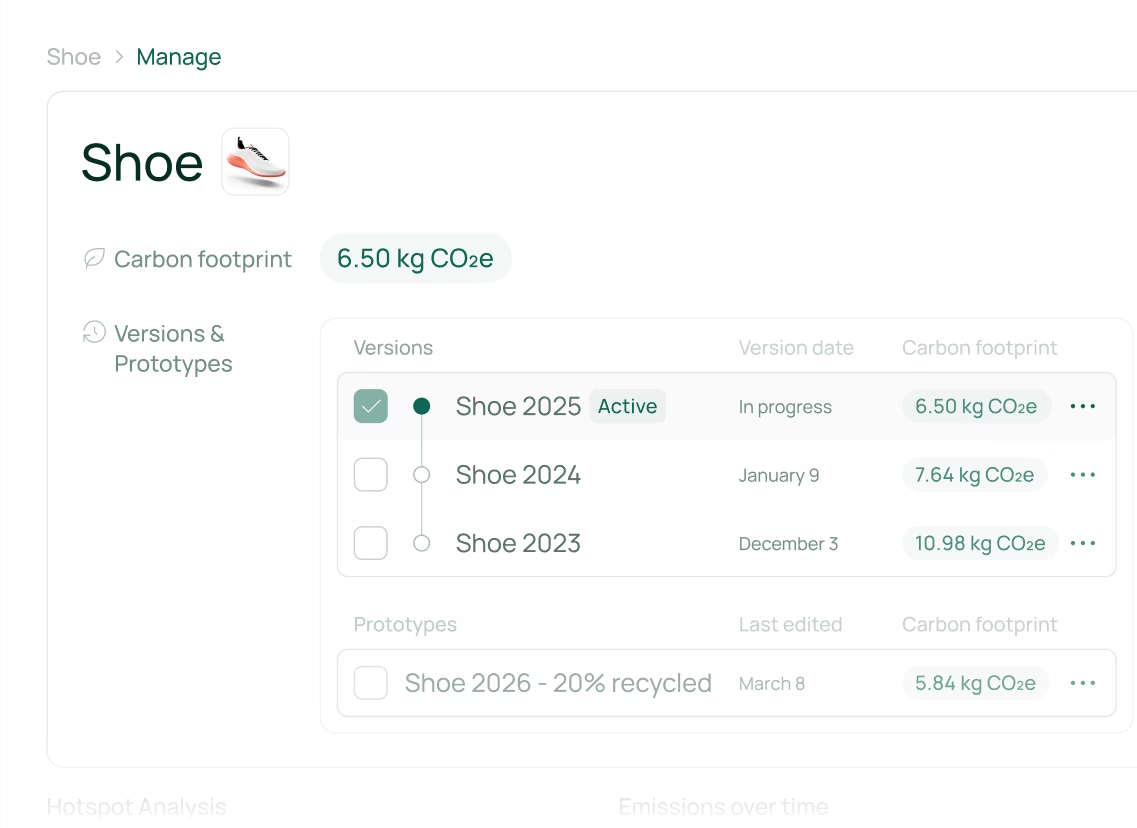
FAQ on UAE’s Climate Law
What is the most important deadline I need to know?
The most urgent deadline is June 28, 2025, for large emitters (over 0.5M tons CO2e) who must register with the National Register for Carbon Credits. All other businesses have until May 30, 2026, to fully comply with the law's broader requirements.
Does this law apply to my company if it's in a free zone?
Yes, the Federal Climate Law explicitly applies to all entities operating within the UAE, including all free zones. There are no exemptions based on your company's location within the country.
What are the penalties for not complying with the new law?
Financial penalties for non-compliance are significant, ranging from AED 50,000 to AED 2,000,000. These fines are doubled for any repeat violations committed within a two-year period.
How does this new legislation affect my small or medium-sized business (SME)?
The law applies to all GHG-emitting sources, regardless of company size. While the most intensive requirements target large emitters first, all businesses will be impacted, especially as larger partners begin demanding emissions data from their entire supply chains.


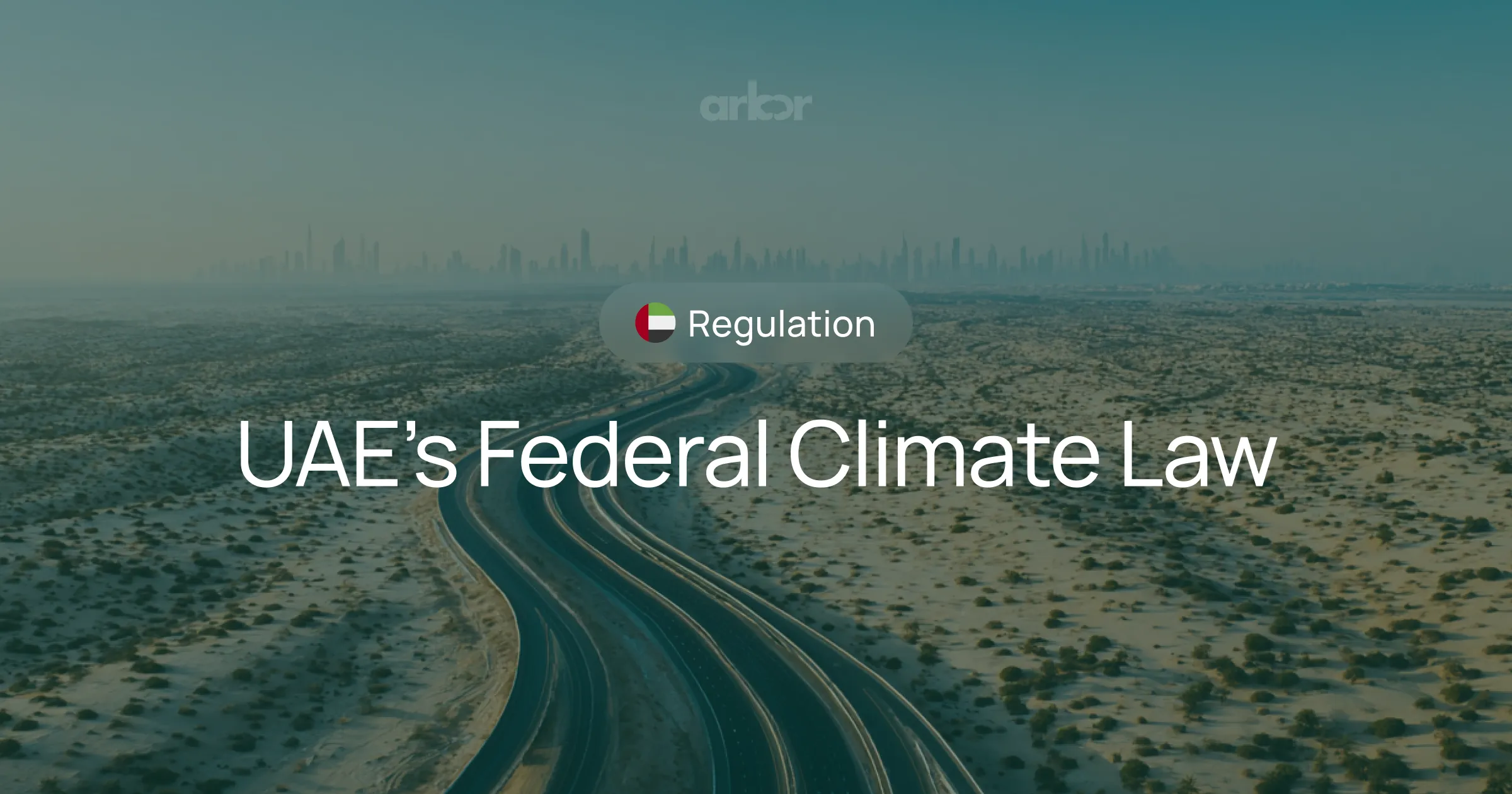


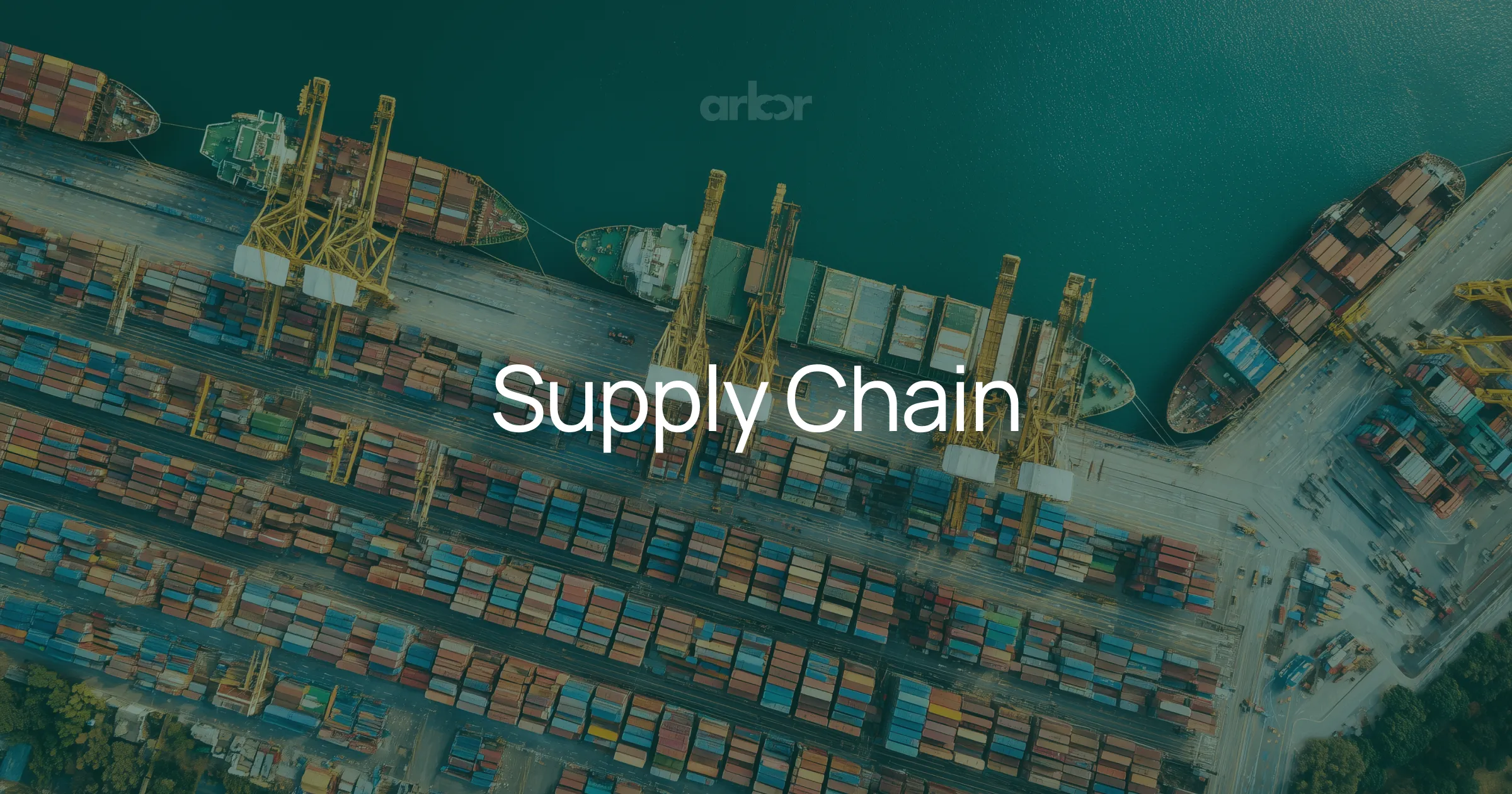

.webp)
%20Directive.webp)
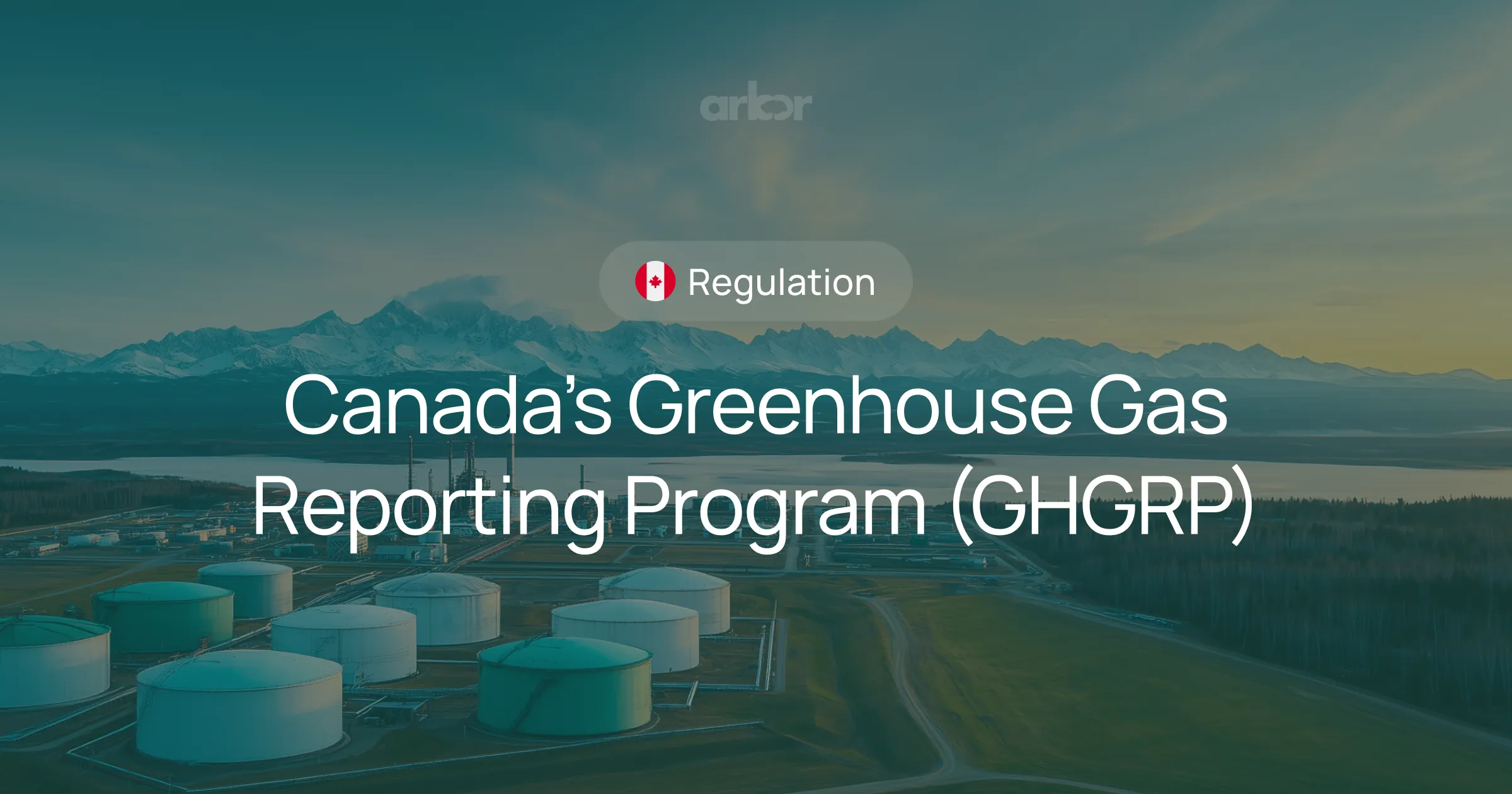

.webp)
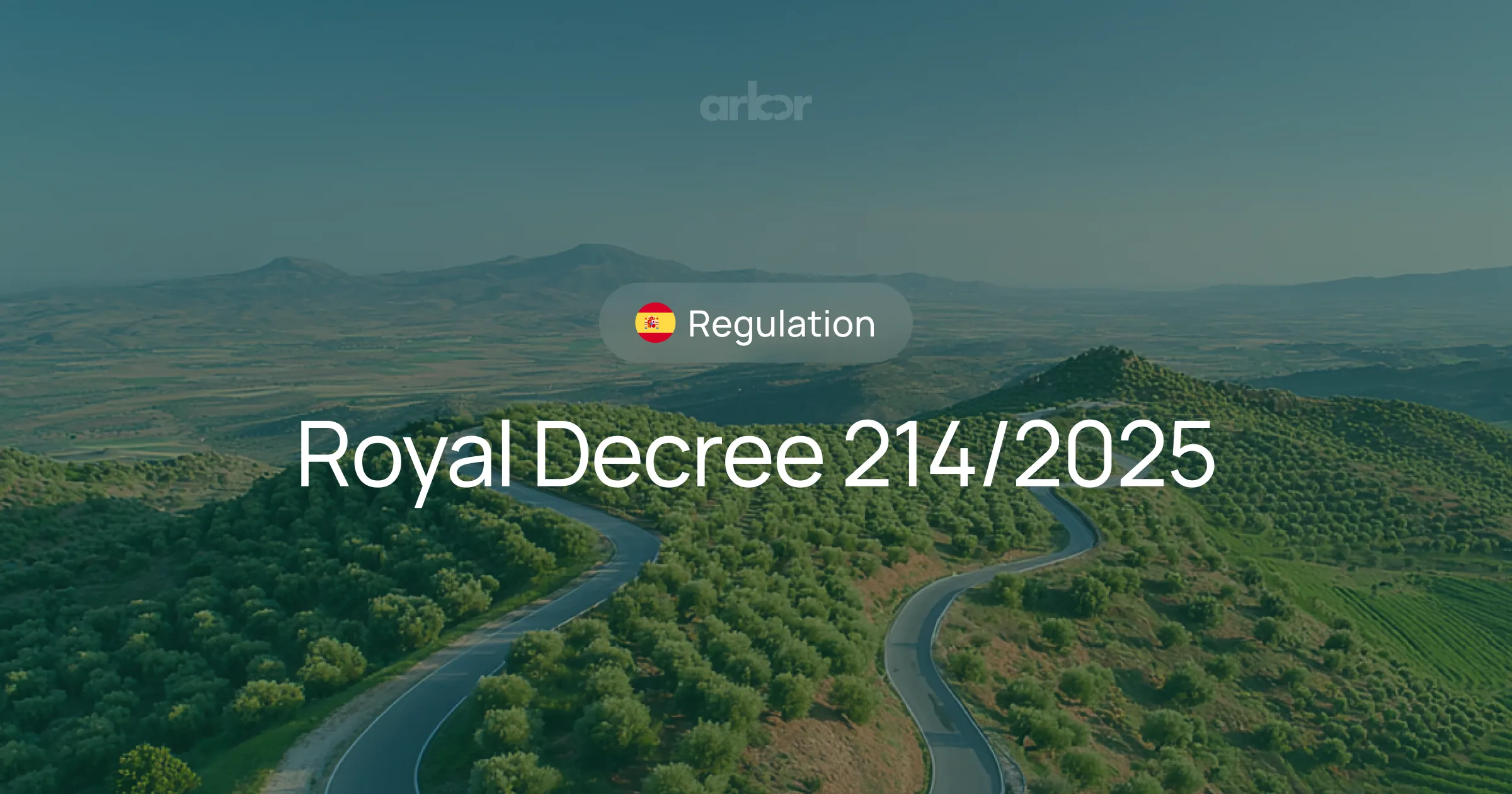
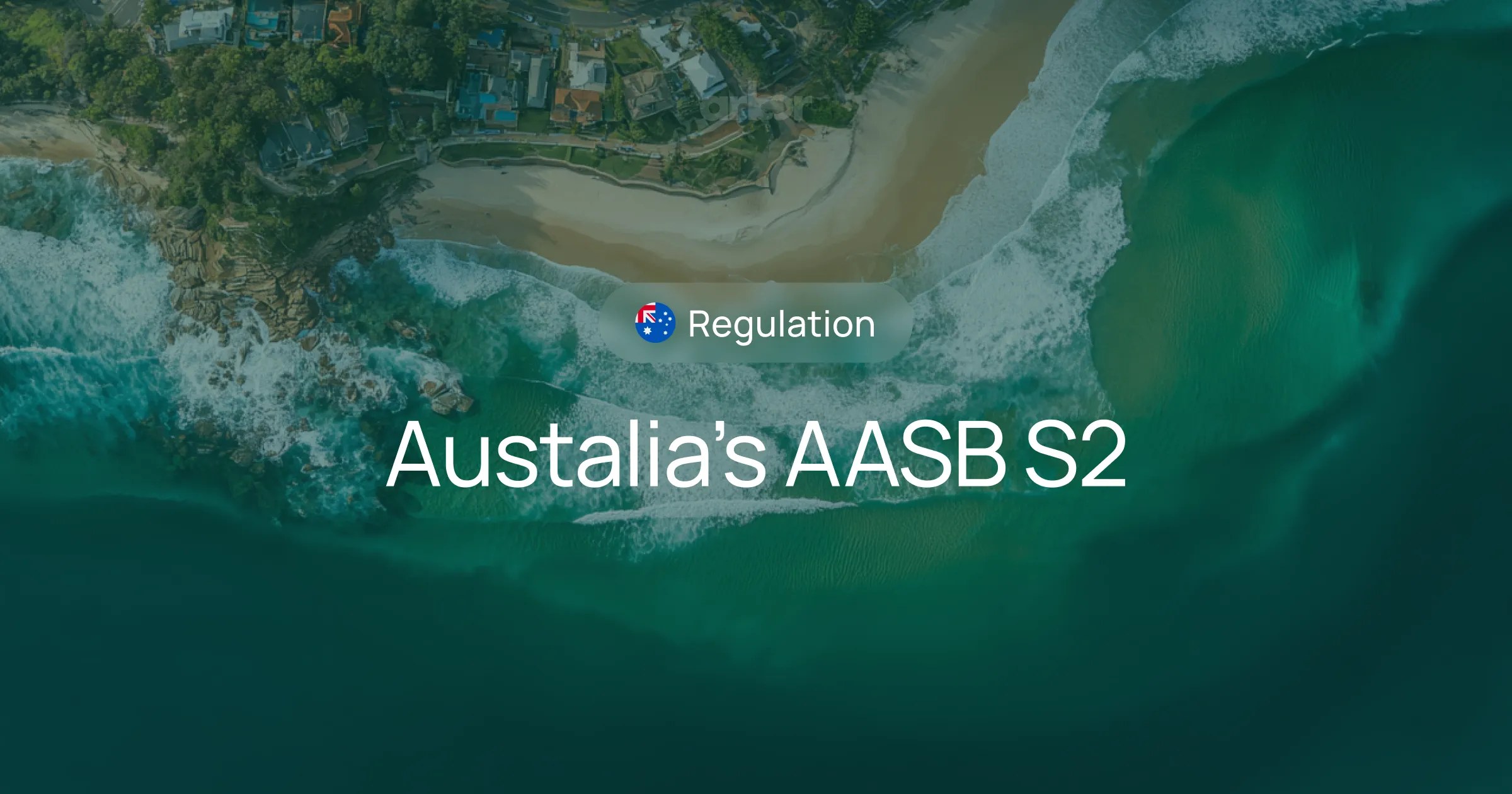
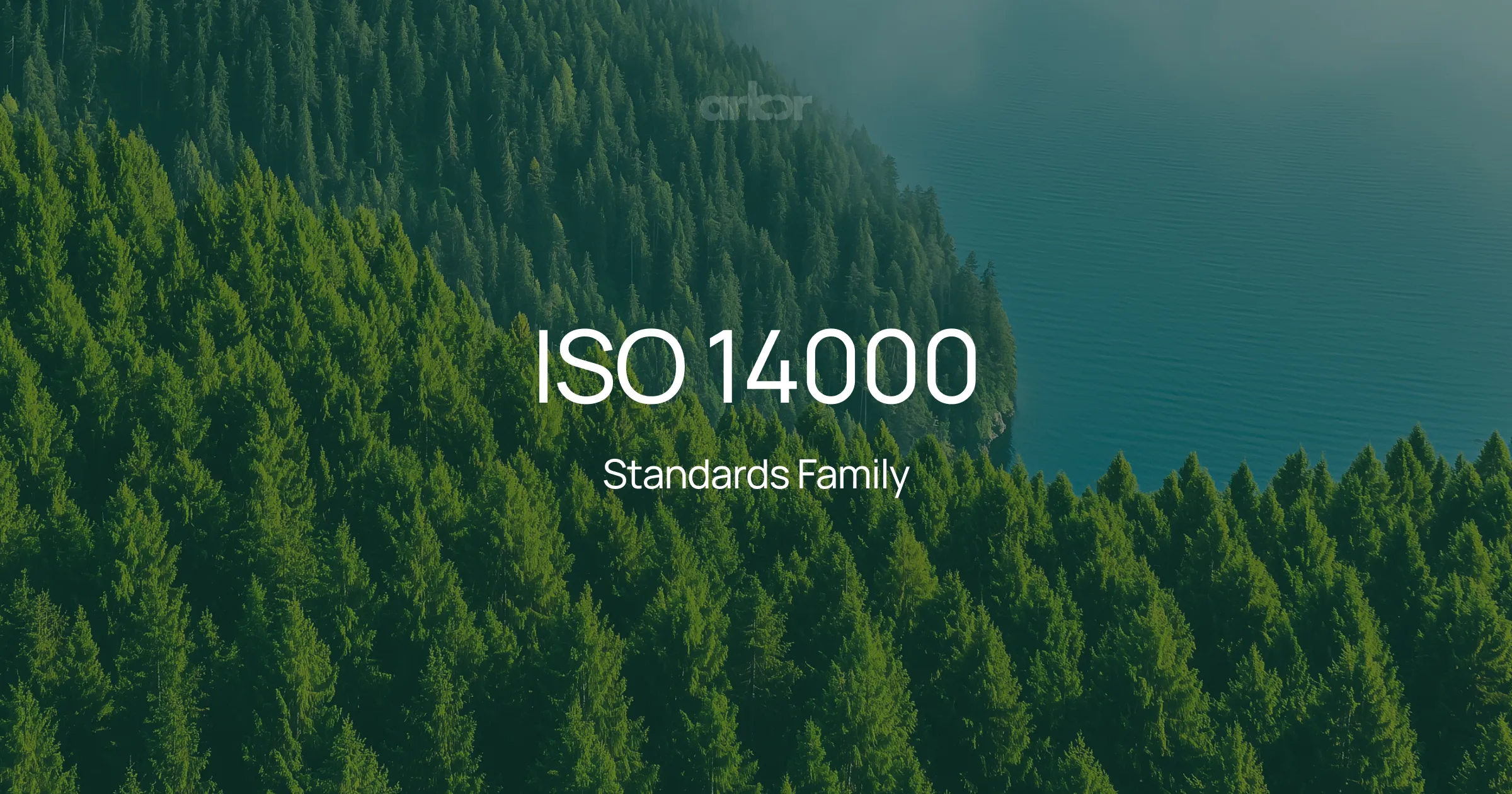
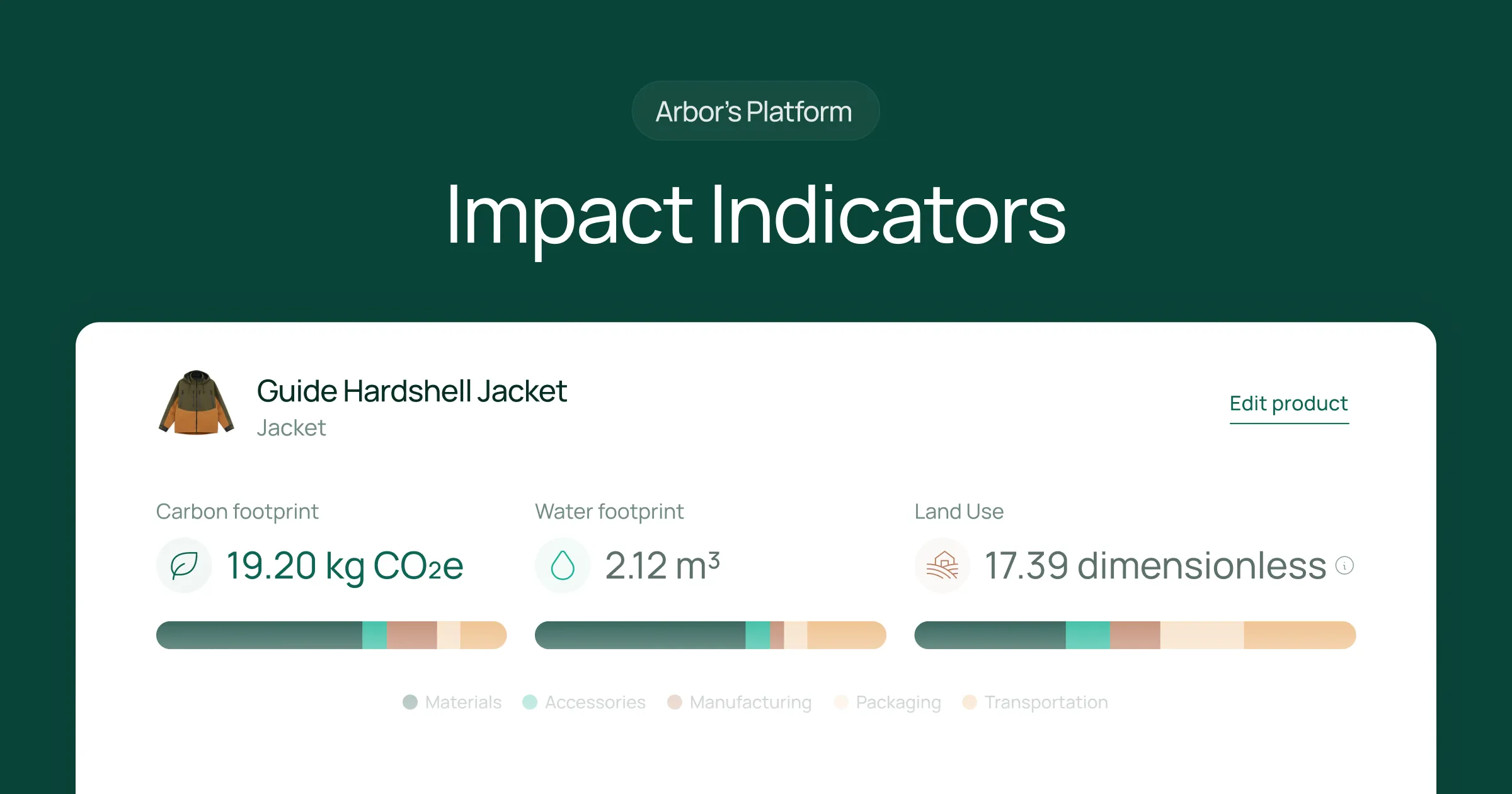
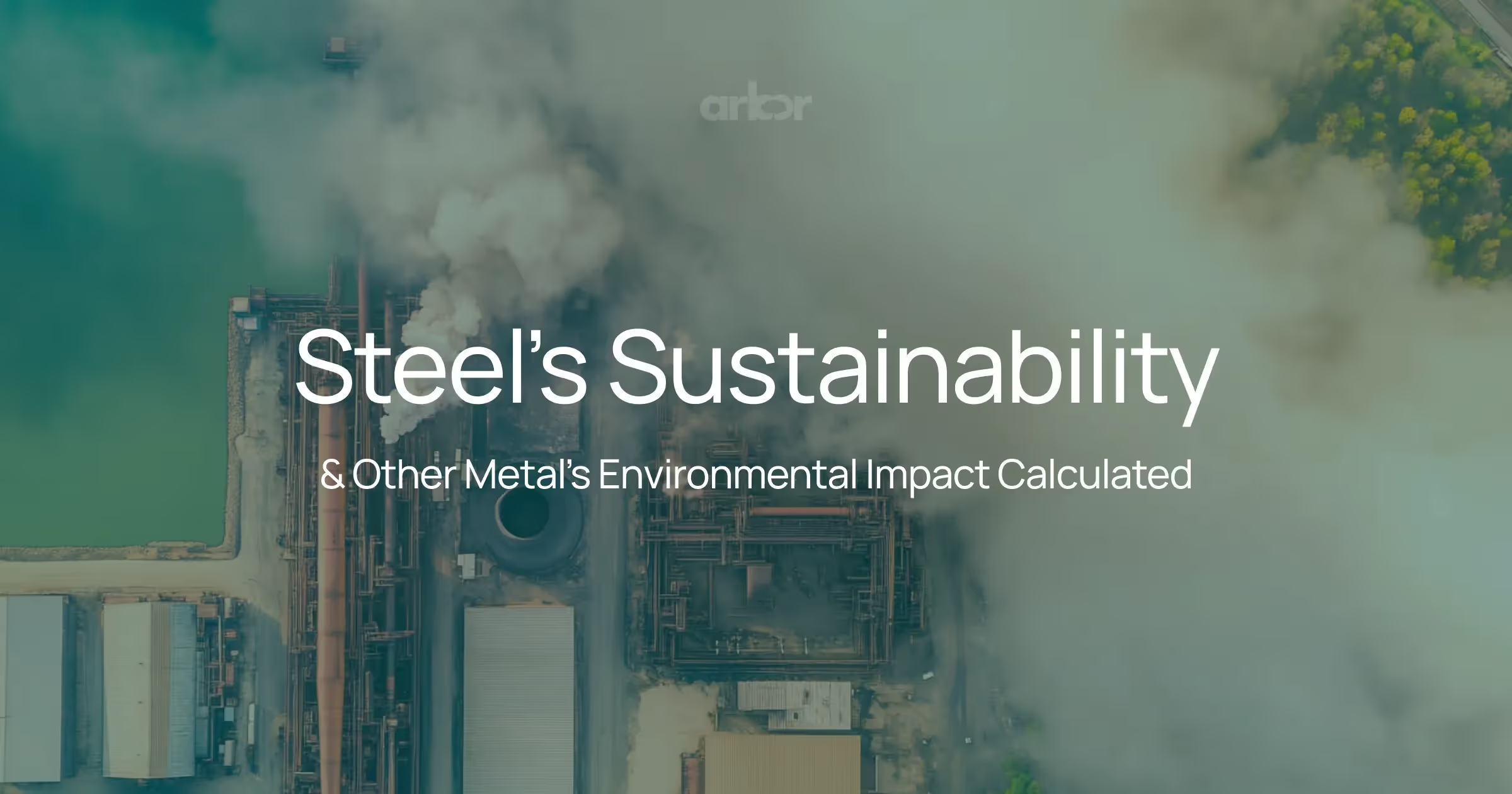


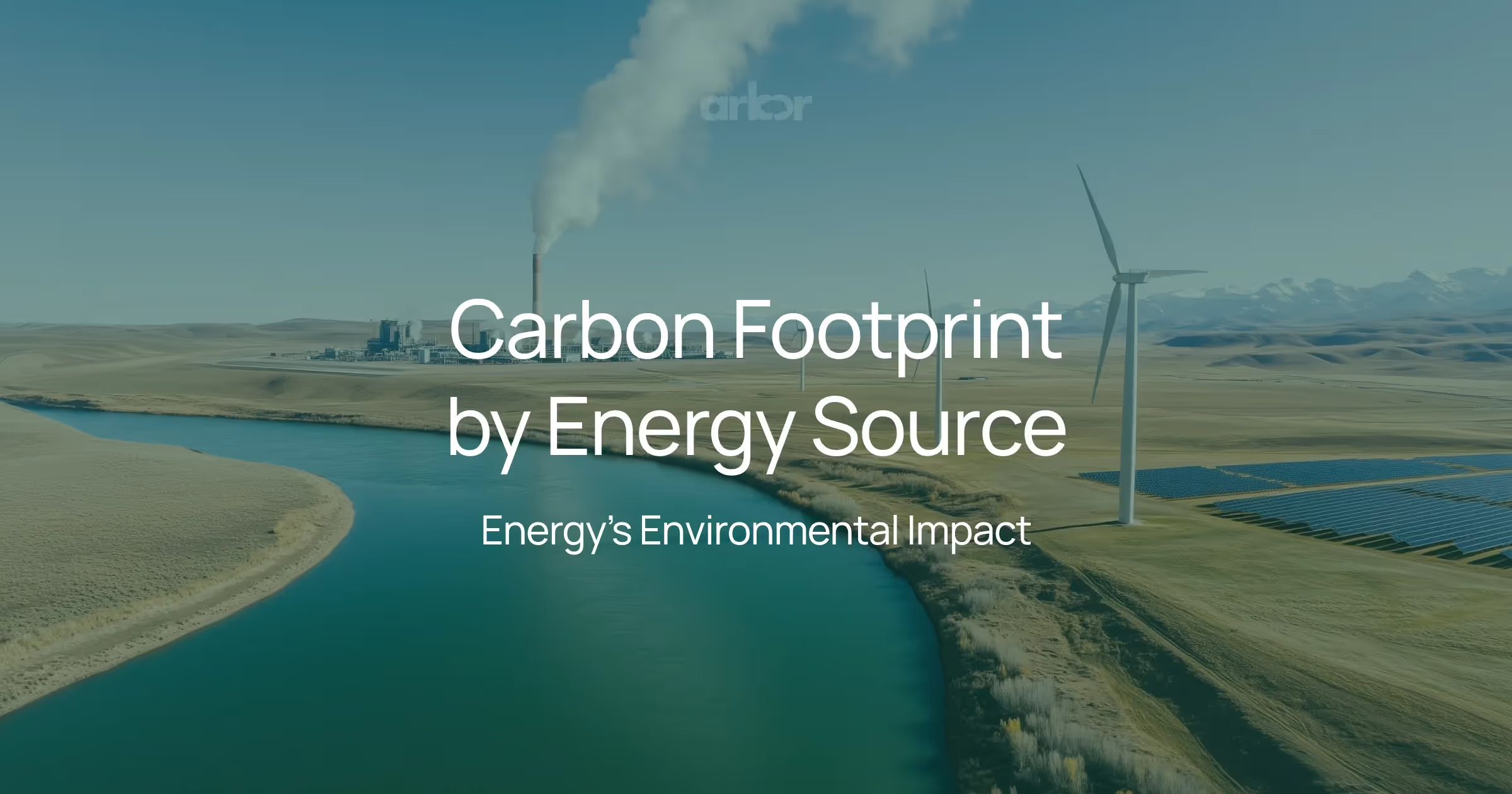
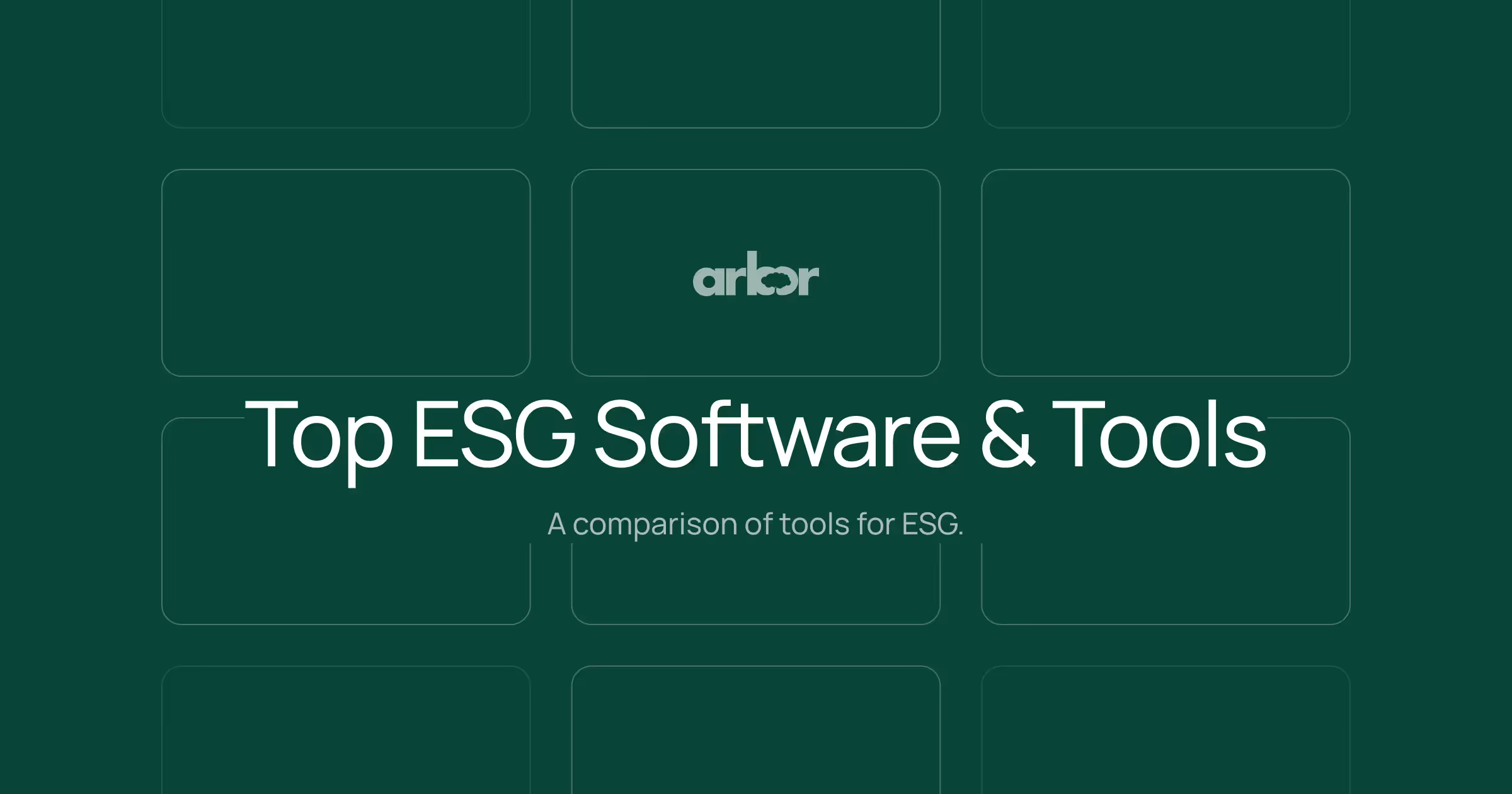

%20Arbor.avif)
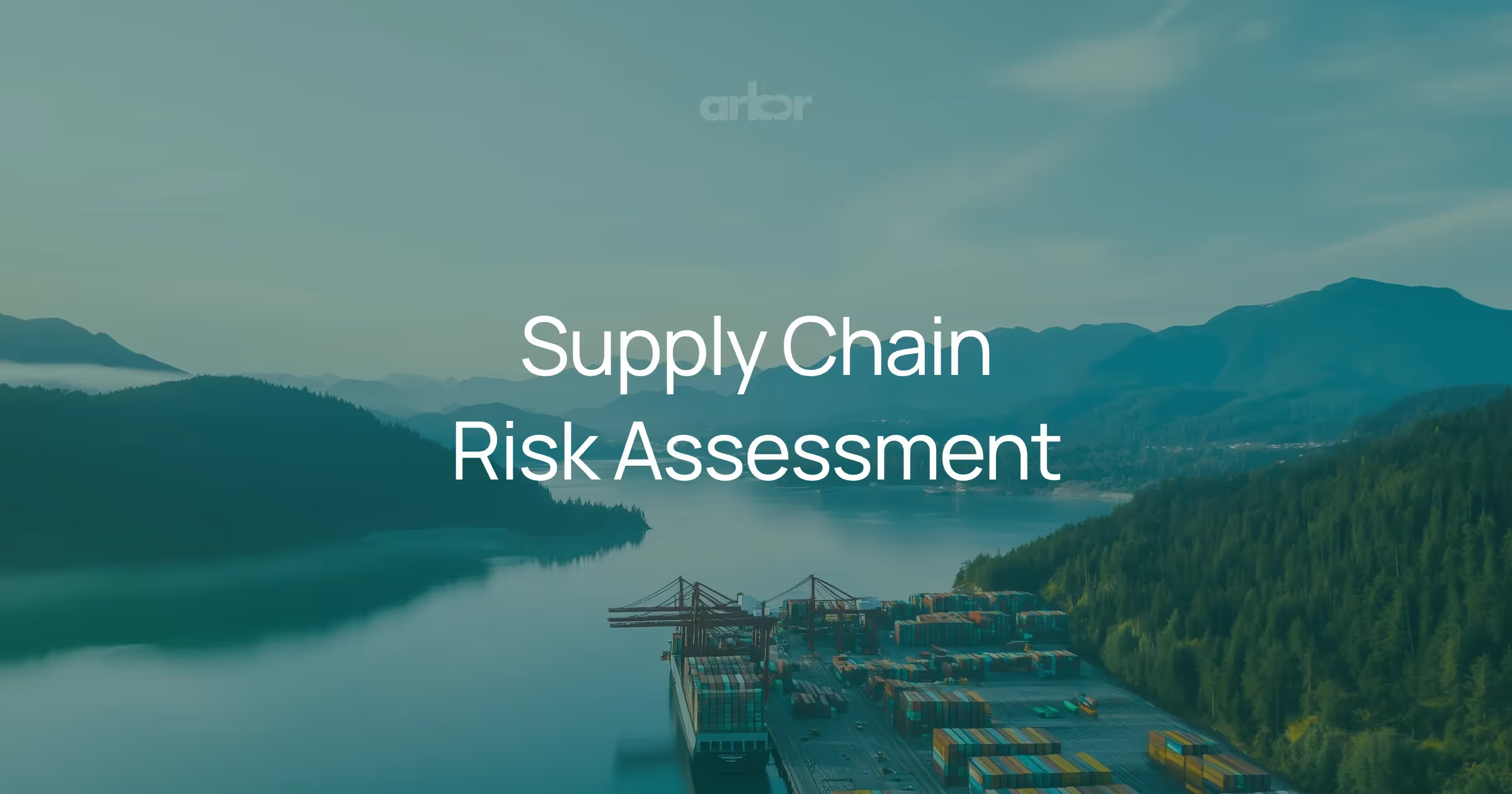
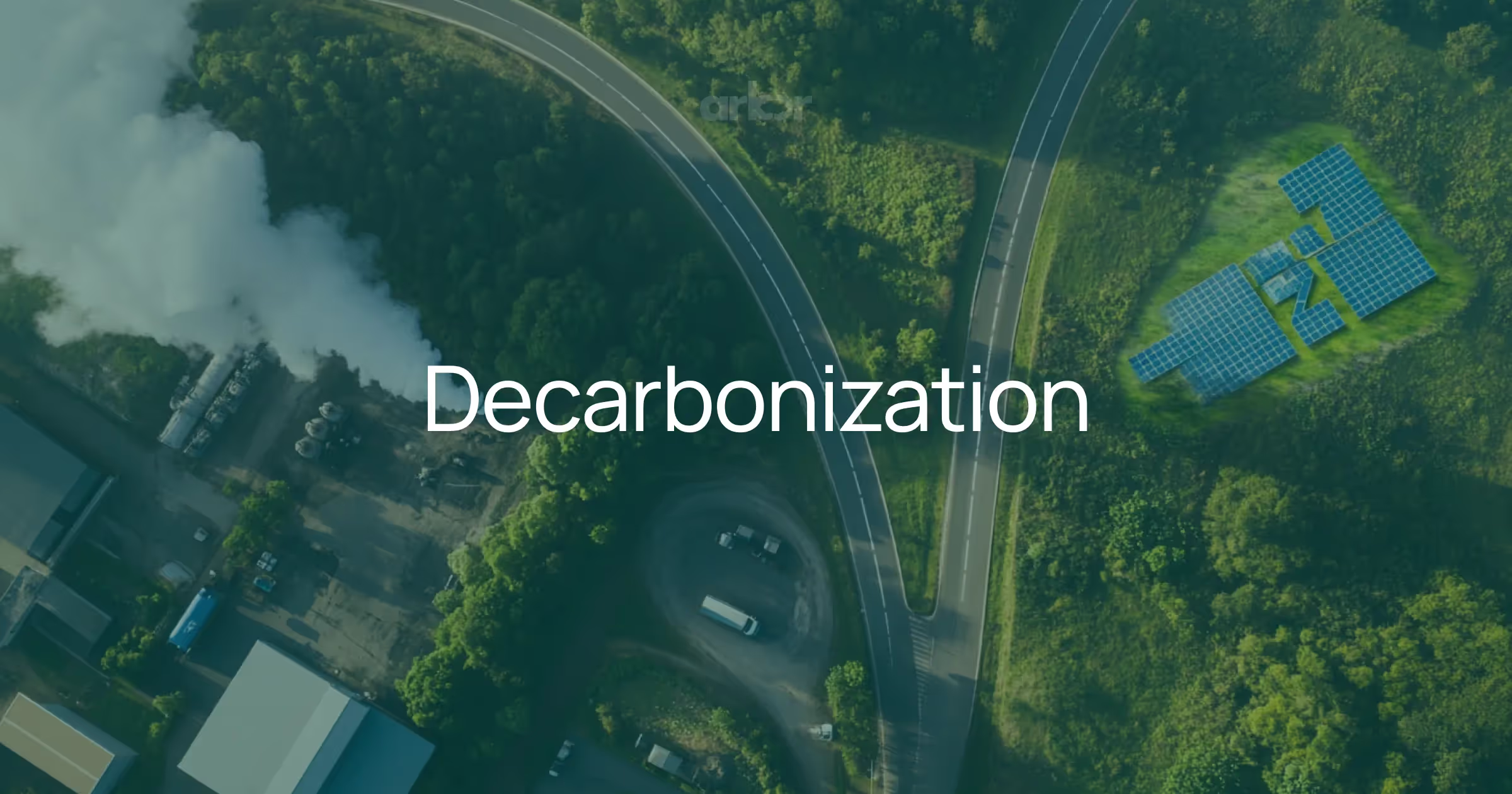

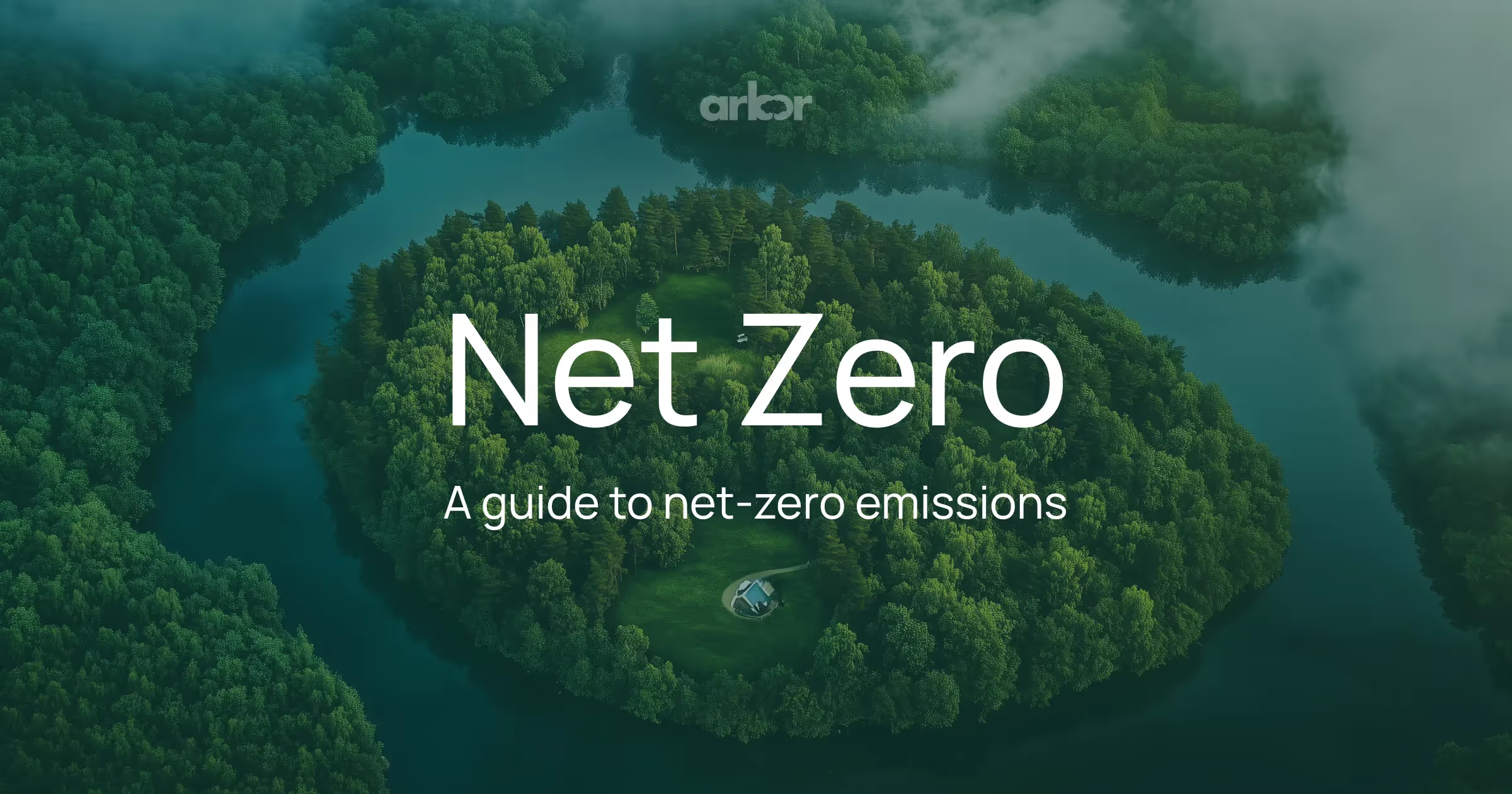

%20Arbor.avif)
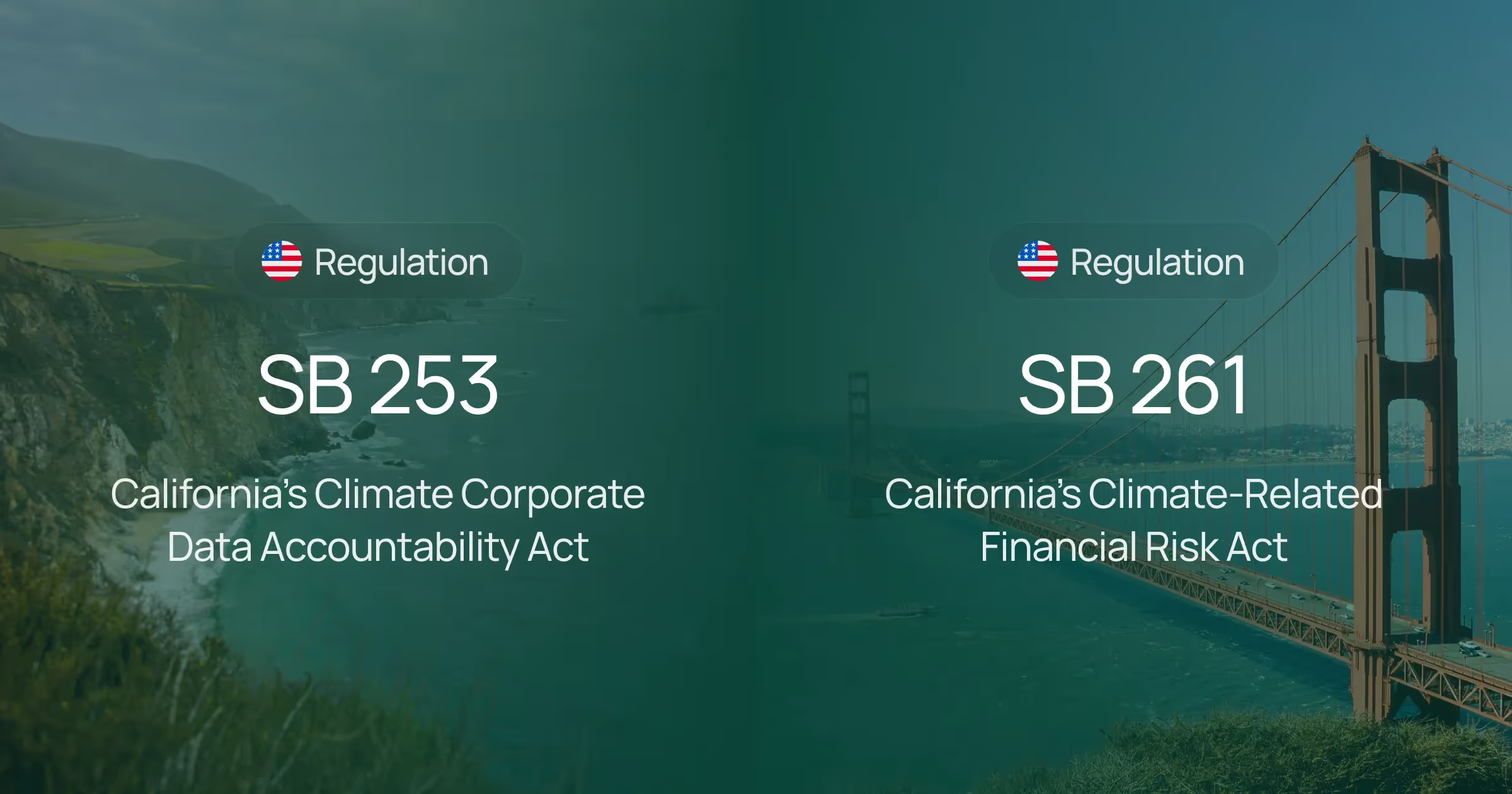

.avif)
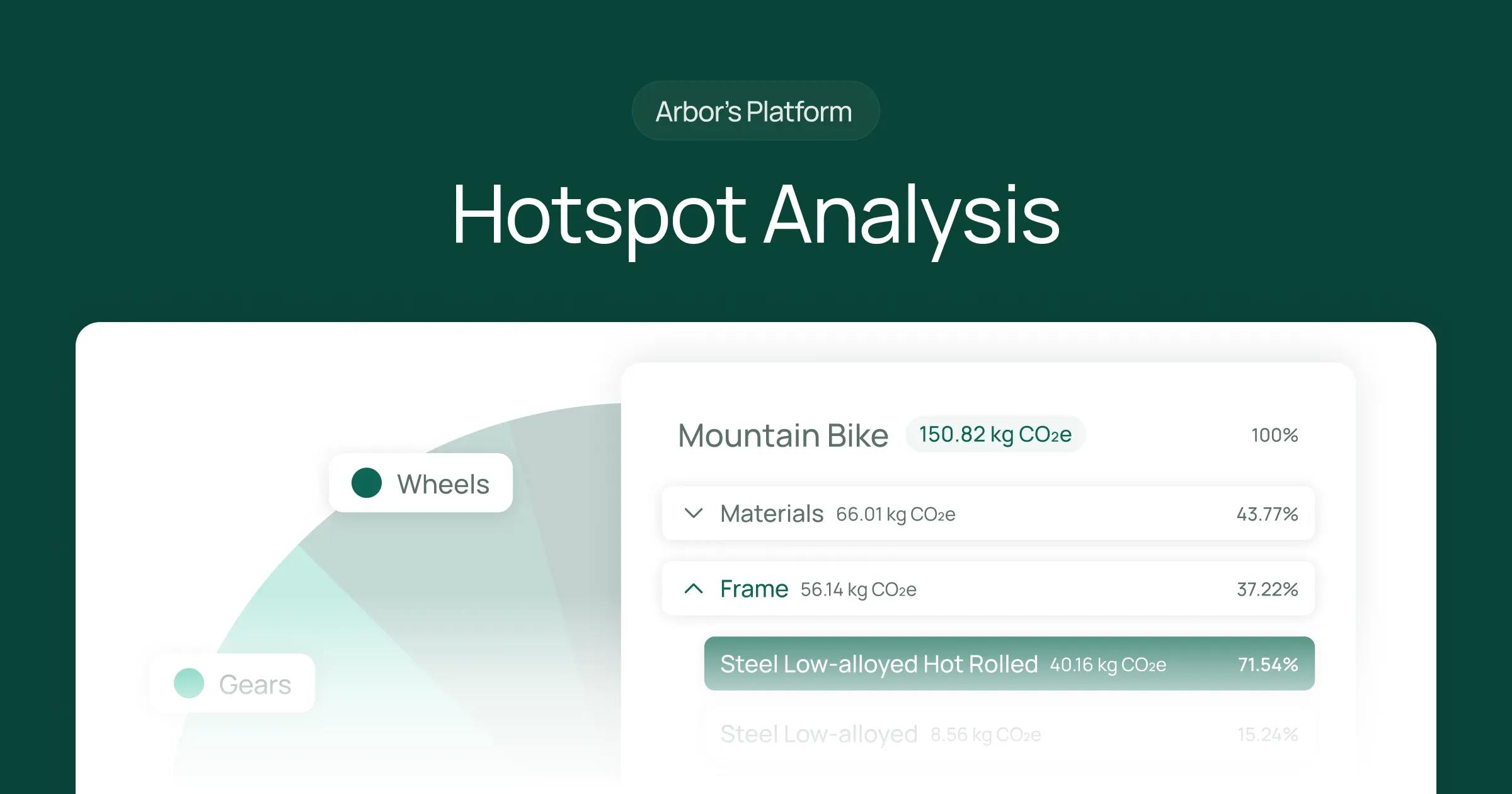
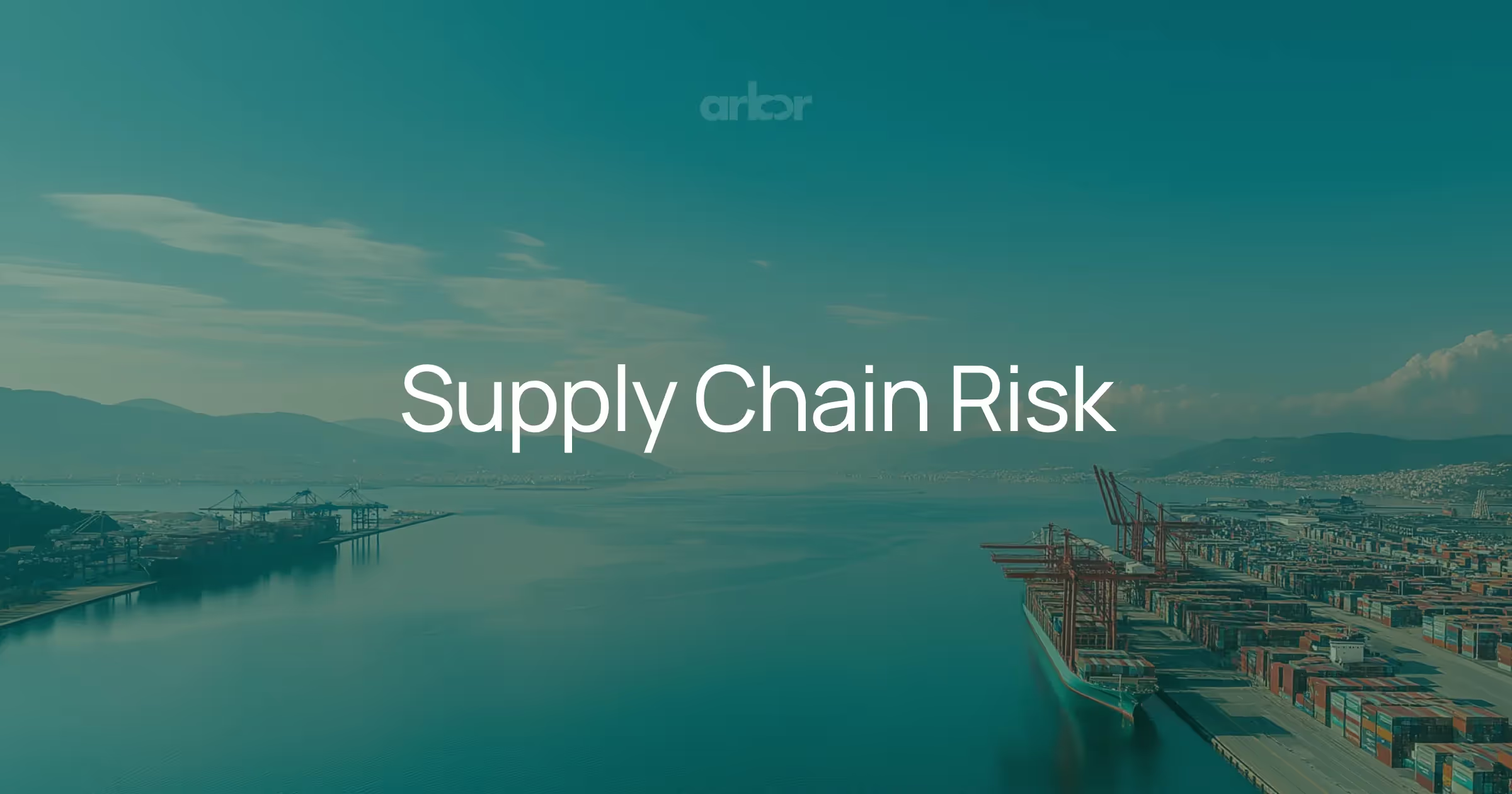
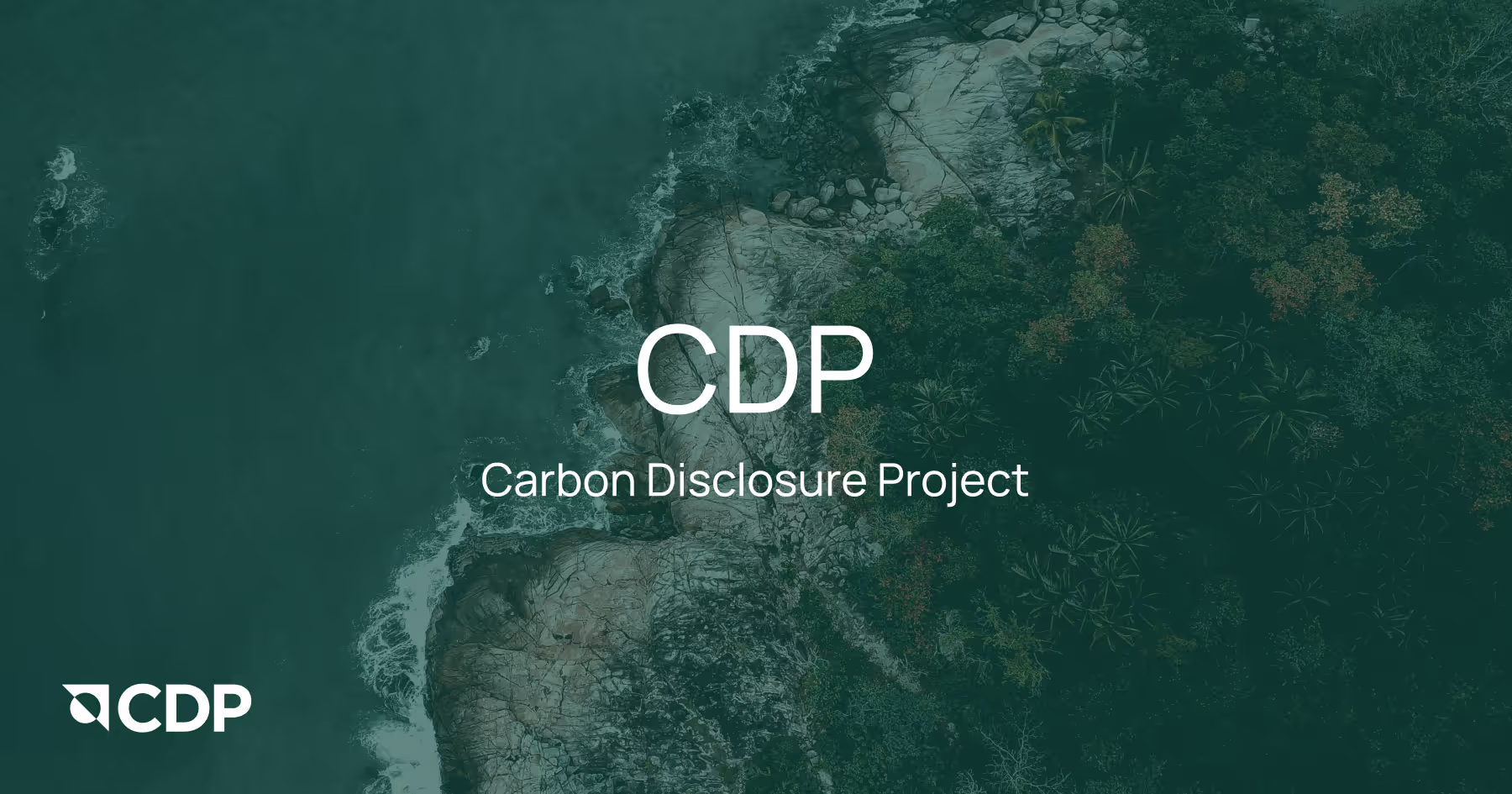
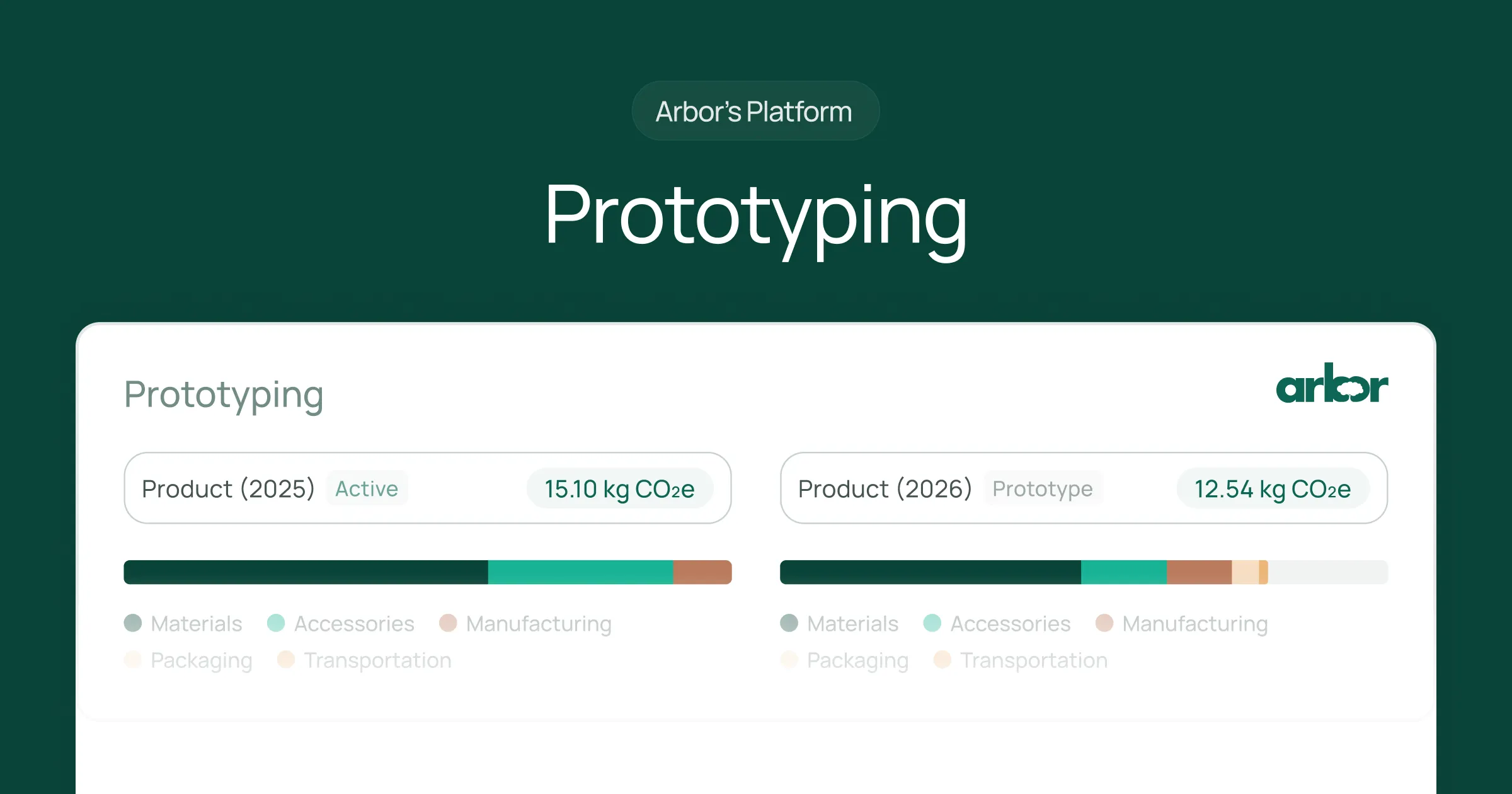
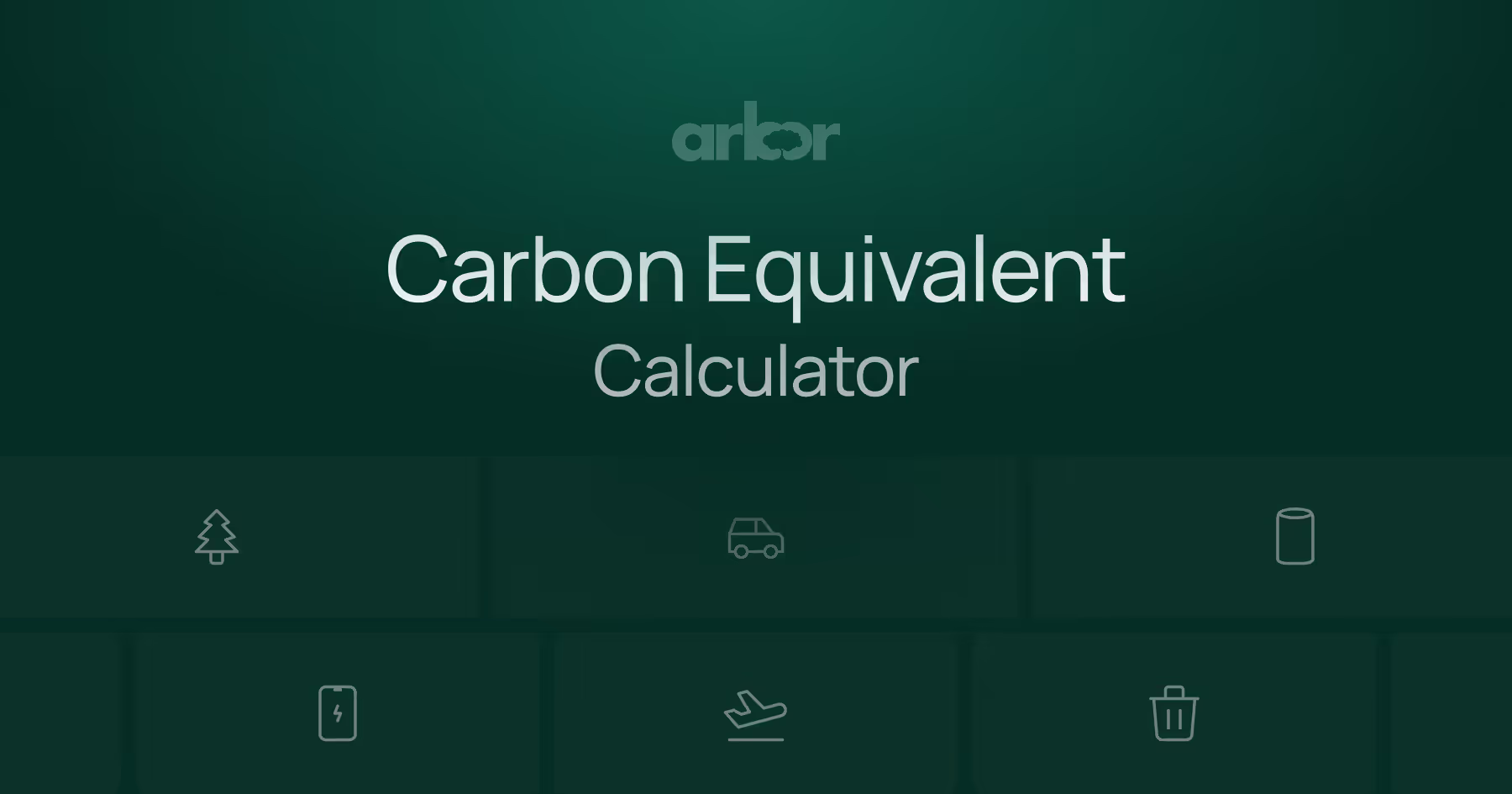

%20Arbor%20Canada.avif)
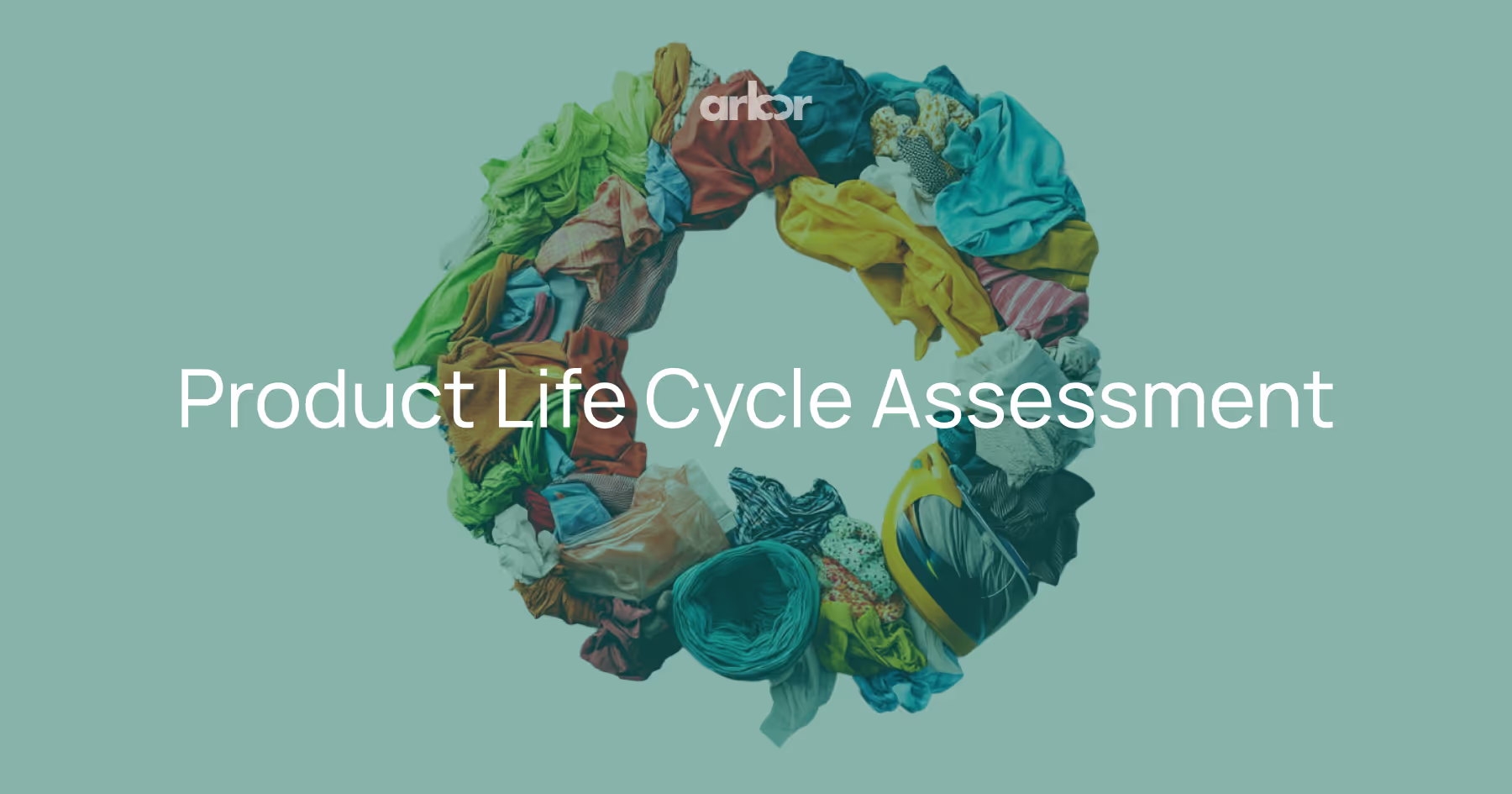
.avif)
%20Arbor.avif)
.avif)
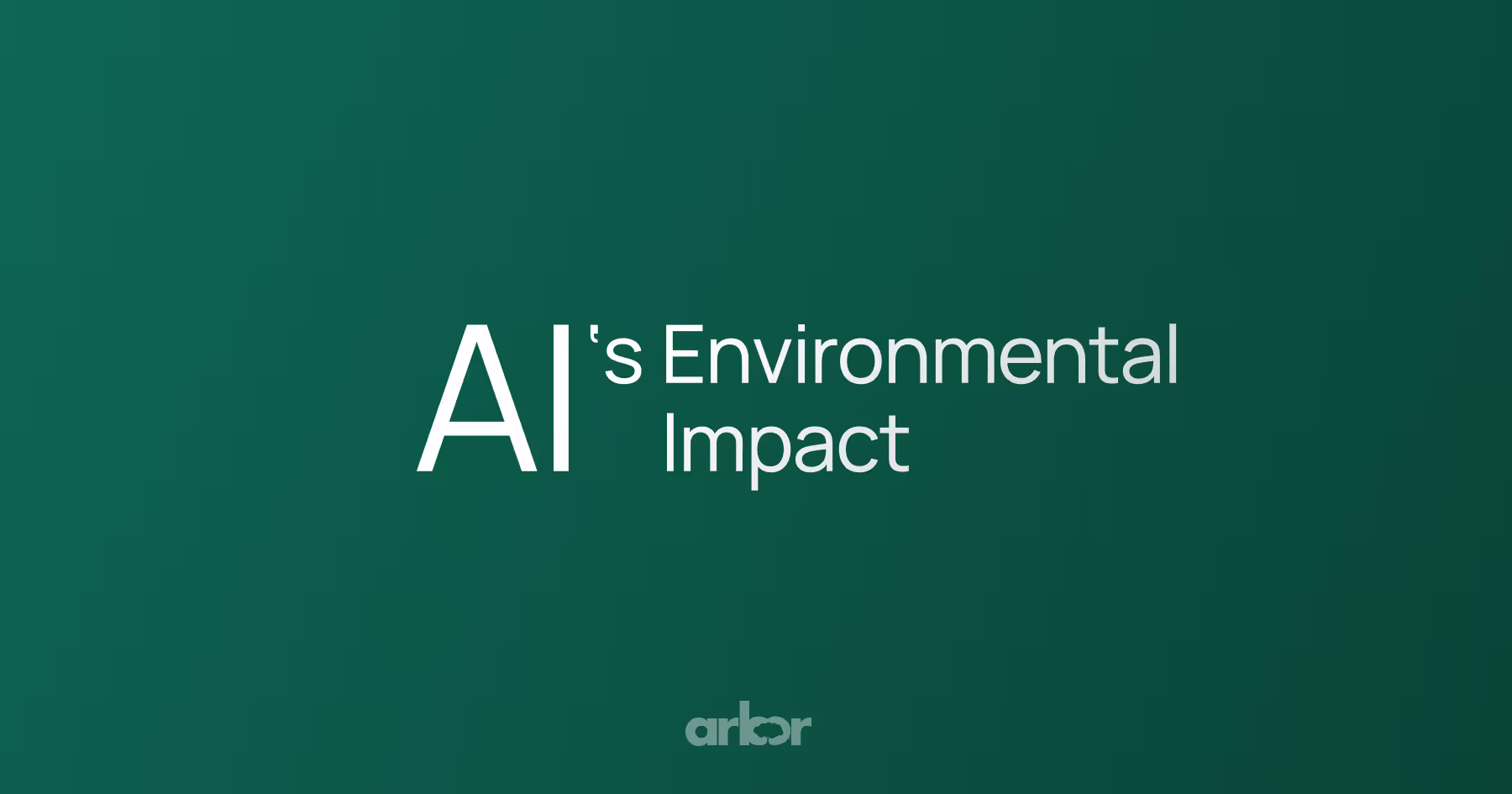

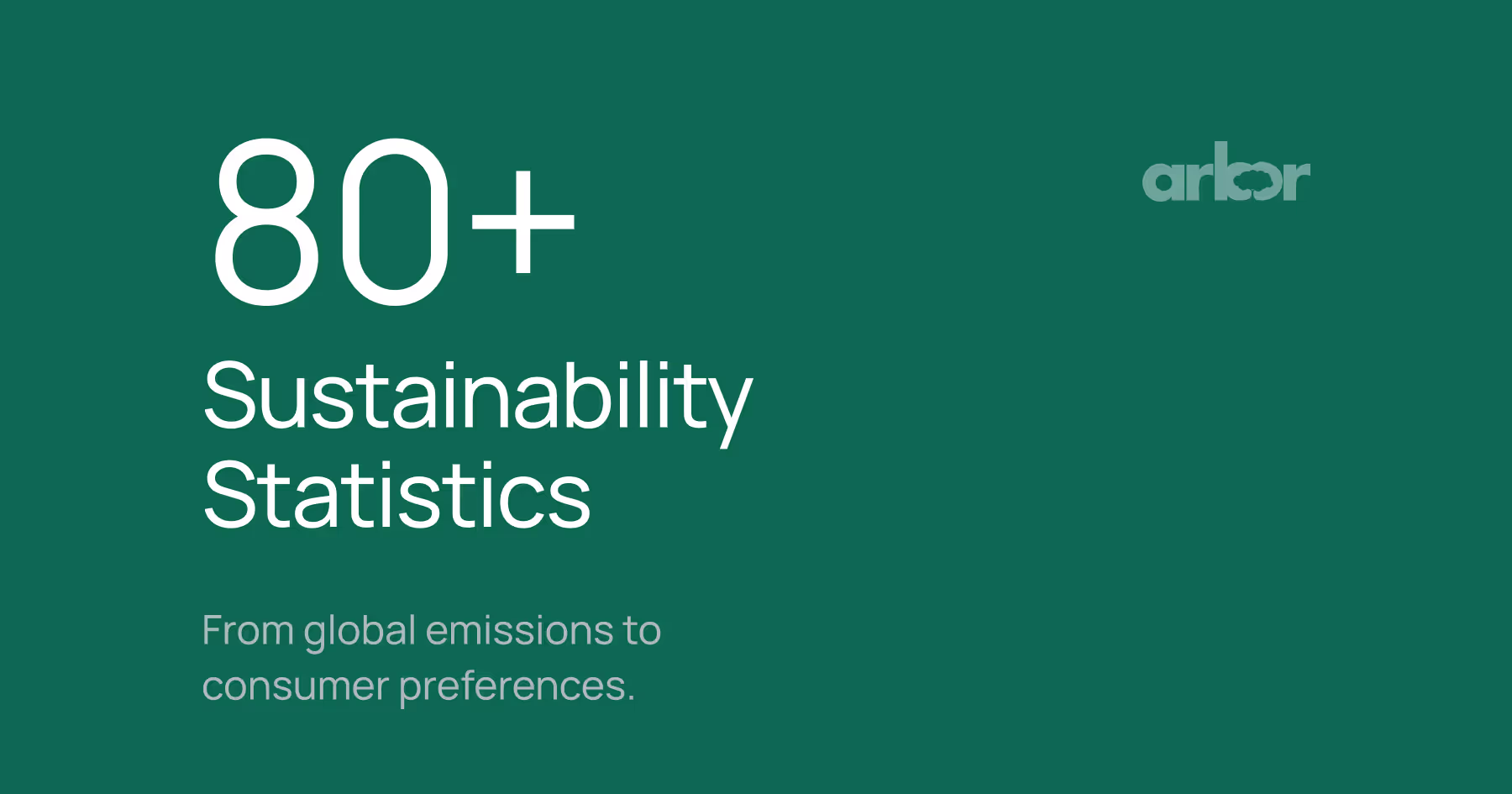


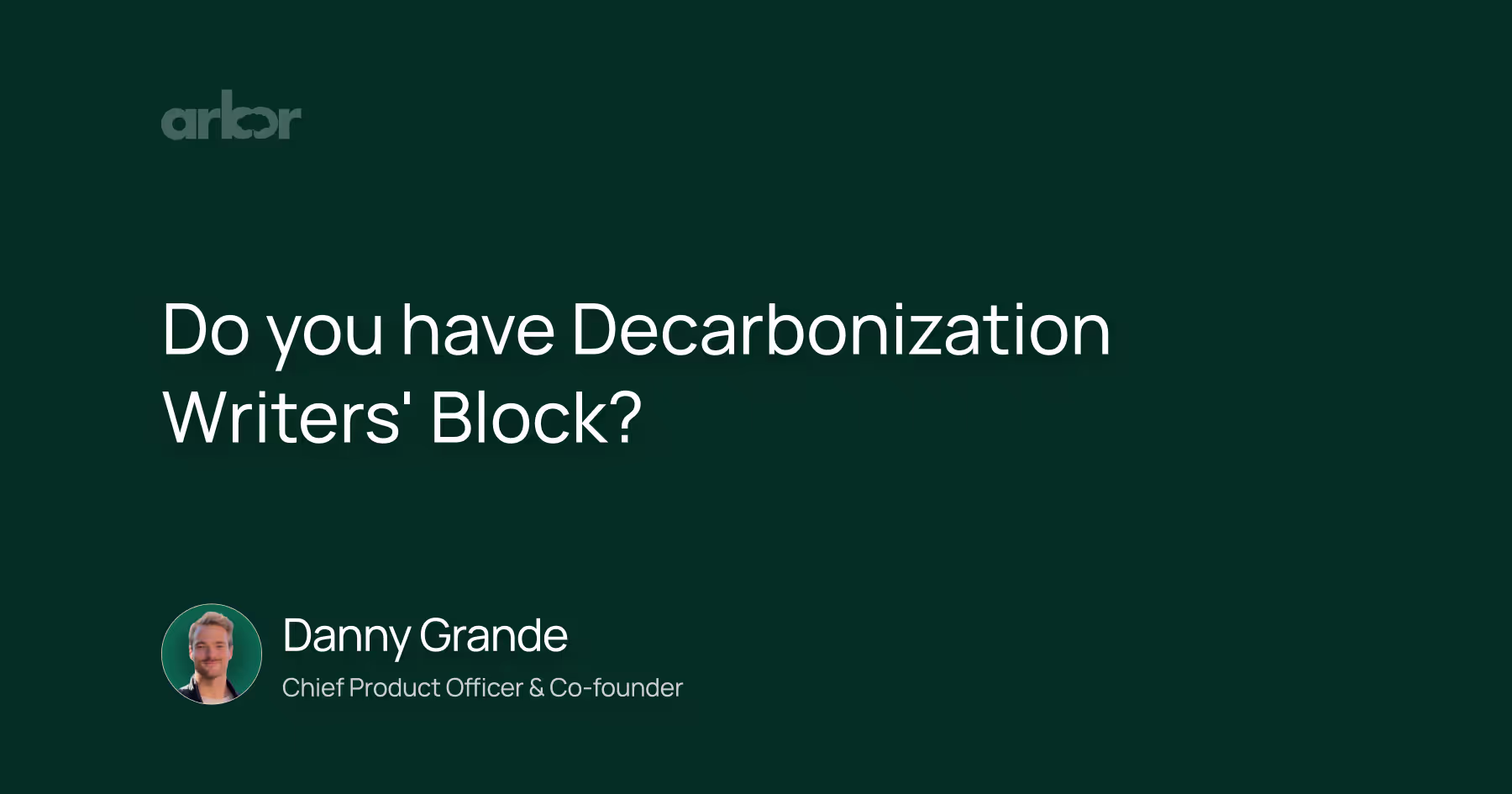
_.avif)
.avif)
%20Arbor.avif)




%20Software%20and%20Tools.avif)





.avif)
.avif)
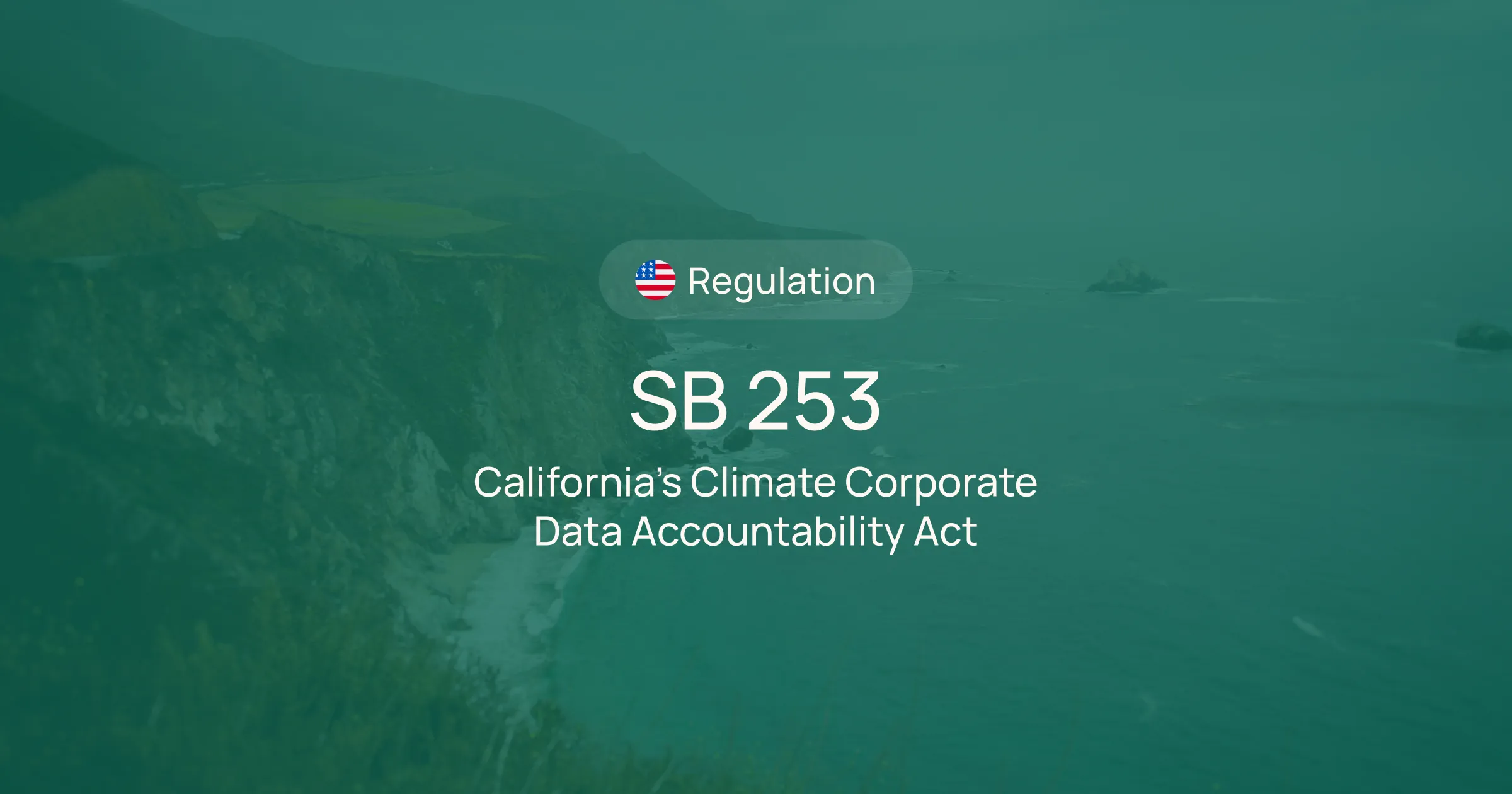



%20EU%20Regulation.avif)












.avif)


%20Arbor.avif)









_%20_%20Carbon%20101.avif)







.avif)









